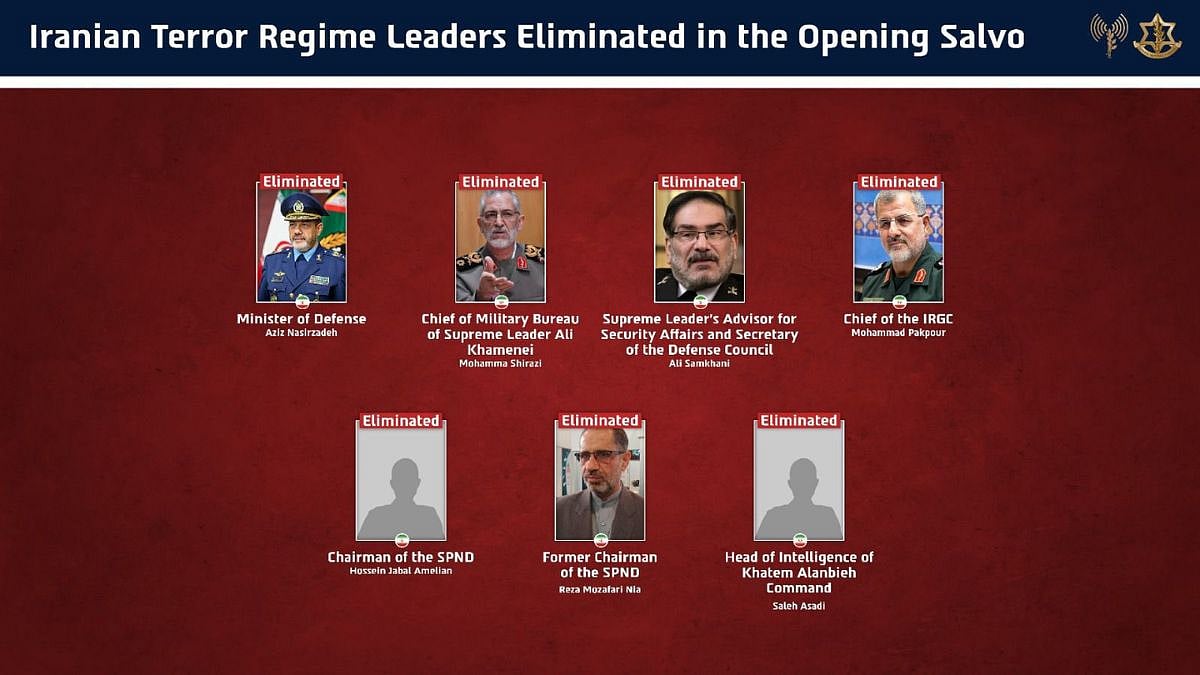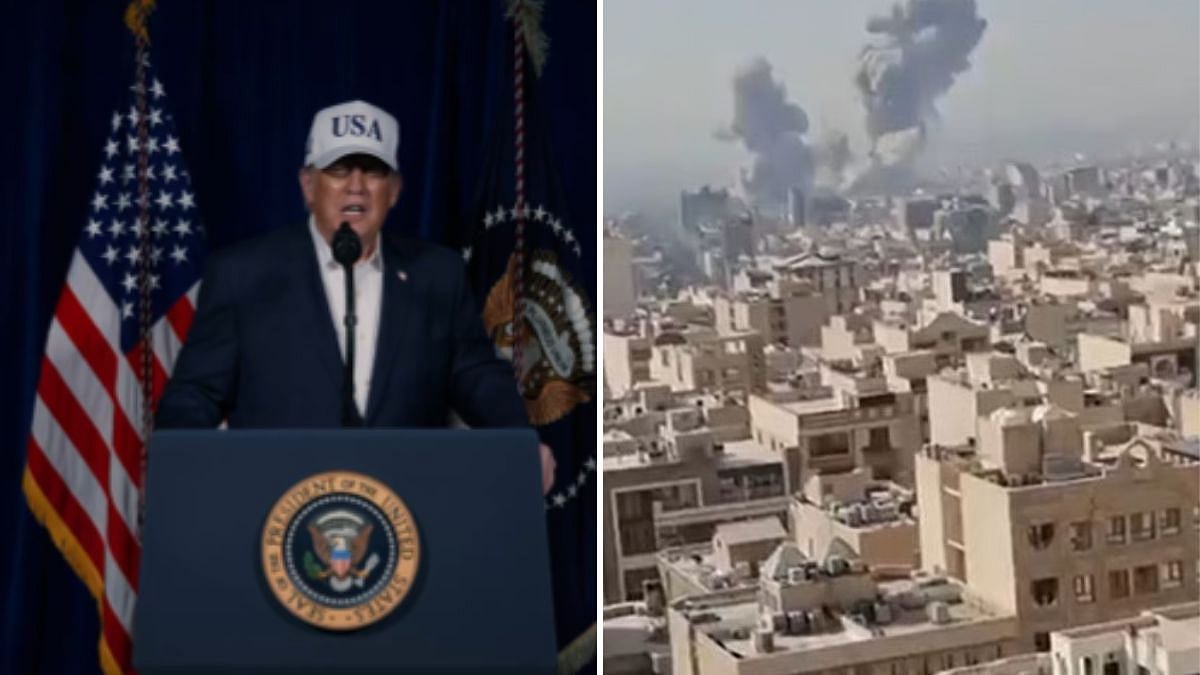The Silicon Valley legend and co-founder of Apple, Steve Jobs in his famous commencement address at Stanford University in 2005, talked about his peculiar education journey. Barely six months after enrolling in Reed College, a private university in Oregon State of the United States, Jobs decided to drop out, as he didn’t find much interest in his classes. He, however, stuck around to ‘drop in’ the select courses that did interest him, including calligraphy. While Jobs never completed college, his knowledge of calligraphy came in handy 10 years later while designing the typography of Macintosh or ‘Mac', Apple’s pioneering personal computer.
The unique mix of technology and art in jobs’ many era-defining gadgets exemplifies this freewheeling and multi-faceted approach to education, and life, prevalent in advanced countries.
Back home, much of it is still unimaginable, as the colleges and universities in the country have been known to follow a rigid education system with water-tight compartments of science, humanities (arts), commerce and vocational education. Within these broad areas, there is usually a clear demarcation of so-called traditional (BA, BCom, BSc) and professional courses (Engineering, Medicine, Law, Management). And often, even the same courses with different specialisations don’t see eye to eye. The entrance to most of these programmes is guarded by strict eligibility criteria.
Though much of this inflexibility and homogeneity in higher education is blamed on the country’s colonial past, this structure persisted much after the British left India. It proved to be a reliable system to churn out a large enough volume of literal and proverbial assembly line workers required to run government offices and factories in a nation eager to transform from a feudal agrarian society to a democratic industrial country. However, it wasn’t particularly helpful in creating leaders, thinkers and innovators with a critical eye and broad-based outlook. Even after the country’s economy opened up in 1991, we settled on becoming the developed world’s back office, instead of coming up with our own ideas and products.
However, this approach is finally being challenged as the country looks to adopt the National Education Policy (NEP) 2020, a once-in-a-generation exercise to transform the educational apparatus from elementary to research level. This new framework, which was prepared by a committee led by the renowned space scientist K Kasturirangan after years of consultation with students, teachers, experts and other stakeholders, will replace the previous education policy which was in place since 1986. Among many changes prescribed by NEP, including the introduction of early childhood care and education, lowering the stakes of do-or-die board exams and blurring the boundaries between various types of courses, lies the promise of making education more student-centric.
Soon, a student pursuing engineering could take up a course in philosophy or someone studying economics could be learning music too. While availing themselves of this ‘restaurant model’ of education, where one can pick their own choice of starters, main course and dessert from an all-you-can-eat buffet, the students will also have multiple entry and multiple exit options. They can leave their course midway and resume it later according to their convenience either at the same institute or even a different college or university. And if someone decides to drop out of college after a year or two, they would still get a certificate or diploma in recognition of the education they received.
In an increasingly interconnected and interdependent world, where people no longer live and work in silos, interdisciplinary education is indispensable. More importantly, this approach is closer to the objective of education as a tool to help humans better understand the world around them and in the process become better human beings themselves. This goal can’t be achieved if one becomes master of their trade while remaining oblivious to everything else.
As promising as the new policy is, putting it to practice is an uphill task. Much like any other sweeping reform in the country, the biggest challenge in implementing NEP is the sheer number of stakeholders who will be impacted by it. Creating additional choices and subject combinations will invariably create issues for most educational institutes, which are grappling with a lopsided student-teacher ratio. With public spending on education remaining static over the years, schools and colleges have little incentive to make the amends. Finally, the teachers, who have for too long remained confined to teaching and studying their respective subjects, will also need to change their mindset if NEP is to become a reality.





